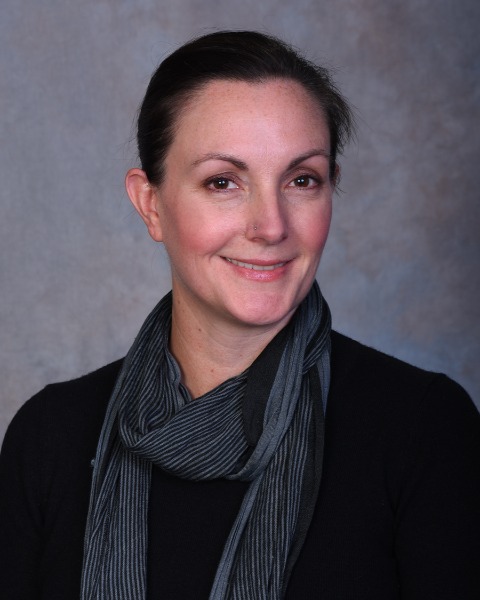Back
Health Equity and Nature
Equity and Public Health in Trenton and Philadelphia
Sunday, April 2, 2023
11:30 AM – 12:15 PM CDT
Location: 115B
CM | .75
- WK
Woo S. Kim, AICP (he/him/his)
Principal
Wallace Roberts & Todd, LLC
Philadelphia, PA 
Julia Taylor, AICP (she/her/hers)
Chief Strategy Officer
Trenton Health Team
Trenton, New Jersey- MH
Moderator and Speaker(s)
Speaker(s)
Consider two predominantly Black communities – one in Trenton, one in Philadelphia – that are at a crossroad of poverty and change. Both partnered with local medical institutions (Capital Health and Jefferson Health, respectively) to address public health crises while undergoing much-needed neighborhood planning.
Presenters share a story of urban poverty and inequity and how they are rewriting that narrative with healing and recovery. Learn how to engage non-conventional professionals to address planning issues; hospital administrators and frontline workers bring unique perspectives to the planning process that yield unorthodox outcomes.
The Capital Health/Trenton Health team describes how they are leveraging recent federal, place-based planning grants to invest in the North Trenton neighborhood. The five-year, $10 million Trenton Neighborhood Initiative is committed to improve housing, employment, and social and digital outcomes. Jefferson Health’s COVID-19 Mobile Unit offers targeted, human-centered care to vulnerable Philadelphia communities, based on a compact of trust among health care delivery experts, sponsors, and community partners.
NPC Peer Reviewers assigned this presentation a learning level of Intermediate. For more on learning-level descriptions, visit our General Information Page.
Presenters share a story of urban poverty and inequity and how they are rewriting that narrative with healing and recovery. Learn how to engage non-conventional professionals to address planning issues; hospital administrators and frontline workers bring unique perspectives to the planning process that yield unorthodox outcomes.
The Capital Health/Trenton Health team describes how they are leveraging recent federal, place-based planning grants to invest in the North Trenton neighborhood. The five-year, $10 million Trenton Neighborhood Initiative is committed to improve housing, employment, and social and digital outcomes. Jefferson Health’s COVID-19 Mobile Unit offers targeted, human-centered care to vulnerable Philadelphia communities, based on a compact of trust among health care delivery experts, sponsors, and community partners.
NPC Peer Reviewers assigned this presentation a learning level of Intermediate. For more on learning-level descriptions, visit our General Information Page.
Learning Objectives:
- Apply cultural competency and sensitivity when working in communities of color – particularly employing the empathy needed to truly listen and learn nuances of minority neighborhoods.
- Assess how social determinants of health in high-poverty neighborhoods – exacerbated by the COVID-19 pandemic and its economic toll – negatively impact daily life.
- Compare two neighborhoods in transition and the lessons they and their respective medical-institution anchors can learn from each other.
